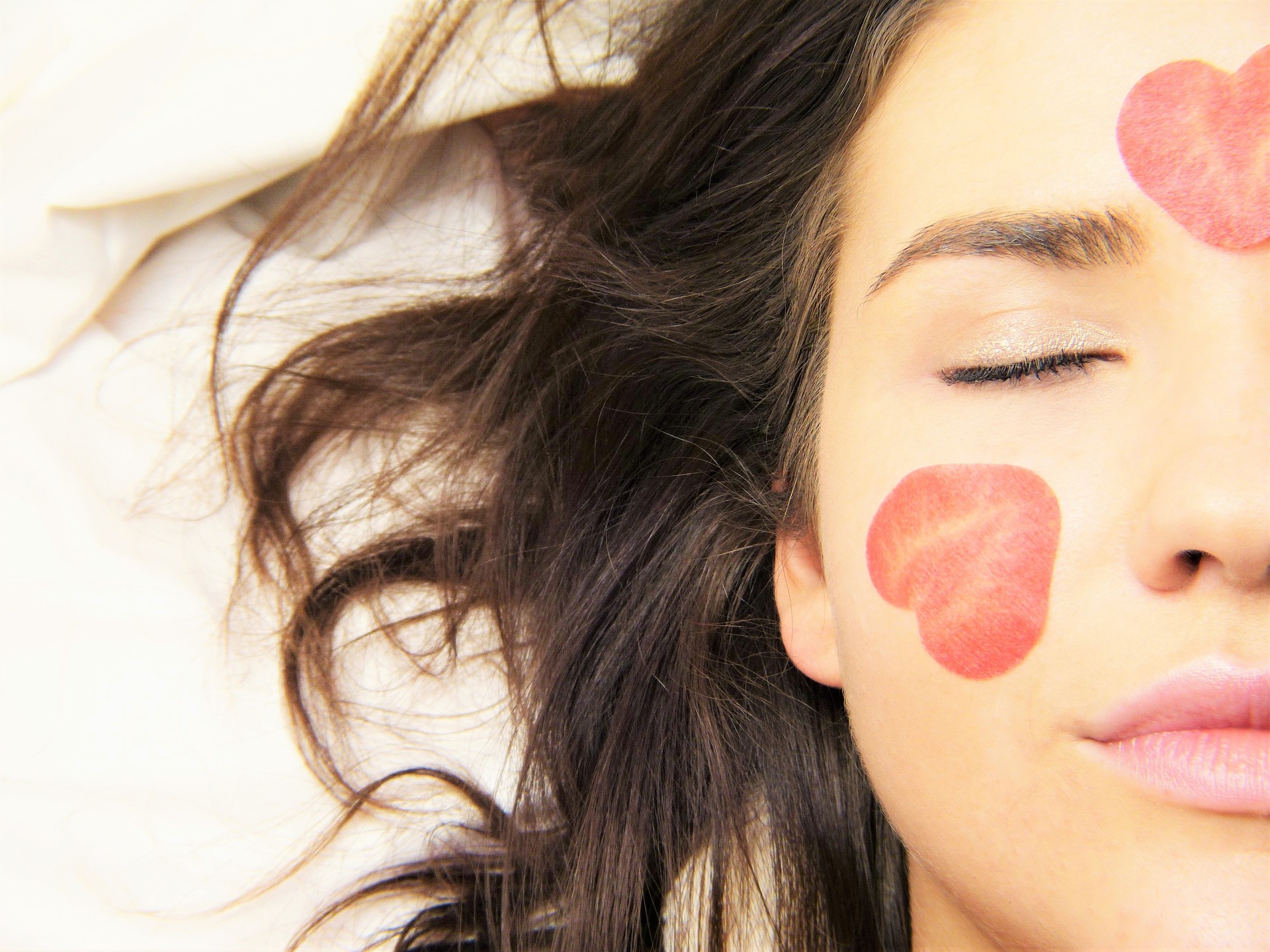Beauty Sleep: The Science Behind Skin Regeneration at Night
The concept of "beauty sleep" has long been a staple in our collective understanding of personal care and aesthetics. Far from being a mere old wives' tale, this phenomenon has garnered significant scientific attention in recent years. Researchers have delved deep into the intricate processes that occur within our bodies during sleep, uncovering a wealth of information about how rest impacts our appearance. From cellular regeneration to hormone regulation, the hours we spend in slumber play a crucial role in maintaining our skin's health and vitality. As our understanding of these nocturnal processes grows, so too does our ability to harness their power for enhanced beauty regimens and skincare routines.
Cellular Turnover and Collagen Production
One of the most significant beauty-related processes that occur during sleep is increased cellular turnover. This refers to the rate at which our skin produces new cells and sheds old ones. During the night, this process accelerates, leading to fresher, more vibrant-looking skin. Additionally, the production of collagen, a protein crucial for skin elasticity and firmness, peaks during the early hours of sleep. This nocturnal boost in collagen synthesis helps combat the signs of aging, reducing the appearance of fine lines and wrinkles.
Hydration and Moisture Balance
Sleep plays a vital role in maintaining the skin’s moisture balance. During the day, our skin is constantly exposed to environmental factors that can lead to dehydration. At night, the skin’s barrier function improves, allowing for better retention of moisture. The body’s hydration levels also rebalance during sleep, contributing to a more plump and radiant complexion upon waking. This natural hydration process is one reason why many skincare experts recommend applying moisturizers and serums before bed to maximize their efficacy.
Stress Reduction and Cortisol Regulation
Quality sleep is essential for managing stress levels, which directly impact skin health. During sleep, the body reduces its production of cortisol, often referred to as the “stress hormone.” High cortisol levels can lead to inflammation, acne breakouts, and accelerated aging. By getting adequate sleep, we allow our bodies to regulate cortisol production, promoting clearer, calmer skin. This stress-reducing effect of sleep also contributes to a more relaxed facial expression, potentially reducing the formation of tension-related wrinkles over time.
The Impact of Sleep Deprivation on Appearance
While the benefits of adequate sleep for skin health are numerous, the consequences of sleep deprivation are equally significant. Chronic lack of sleep can lead to a host of skin issues, including increased inflammation, accelerated aging, and a compromised skin barrier function. Studies have shown that sleep-deprived individuals often appear less attractive and healthy to others, with visible signs such as dark circles under the eyes, sallow complexion, and more pronounced wrinkles. These effects underscore the importance of prioritizing sleep as a fundamental aspect of any beauty routine.
Optimizing Sleep for Maximum Beauty Benefits
To harness the full potential of beauty sleep, it’s essential to create an environment and routine conducive to quality rest. This includes maintaining a consistent sleep schedule, creating a dark and cool sleeping environment, and avoiding electronic devices before bedtime. Some skincare experts also recommend sleeping on silk or satin pillowcases to reduce friction and prevent sleep lines. Additionally, incorporating nighttime-specific skincare products that work in synergy with the skin’s natural repair processes can enhance the benefits of beauty sleep.
The Role of Diet and Lifestyle in Nocturnal Skin Health
While sleep itself is crucial for skin health, what we do during our waking hours also impacts the effectiveness of our beauty sleep. A balanced diet rich in antioxidants, vitamins, and minerals provides the building blocks necessary for nocturnal skin repair. Staying hydrated throughout the day ensures that the body has sufficient water for nighttime cellular processes. Regular exercise, when not performed too close to bedtime, can improve sleep quality and, by extension, enhance the skin’s overnight regeneration.
Future Directions in Sleep and Beauty Research
As our understanding of the relationship between sleep and beauty deepens, researchers continue to explore new avenues for harnessing the power of rest for aesthetic purposes. Emerging areas of study include the development of “sleep-specific” skincare formulations designed to work in harmony with the body’s nocturnal processes, as well as technologies that can optimize sleep environments for maximum beauty benefits. These advancements promise to further elevate the concept of beauty sleep from a traditional saying to a scientifically-backed cornerstone of holistic beauty care.
In conclusion, the science behind beauty sleep reveals a complex interplay of biological processes that significantly impact our appearance. By understanding and optimizing these nocturnal phenomena, we can unlock new potentials in skincare and beauty regimens. As research in this field continues to evolve, it becomes increasingly clear that quality sleep is not just a luxury, but a fundamental pillar of holistic beauty and wellness. Embracing the power of beauty sleep offers a natural, effective pathway to healthier, more radiant skin, reinforcing the age-old wisdom that sometimes, the best beauty treatment is simply a good night’s rest.





